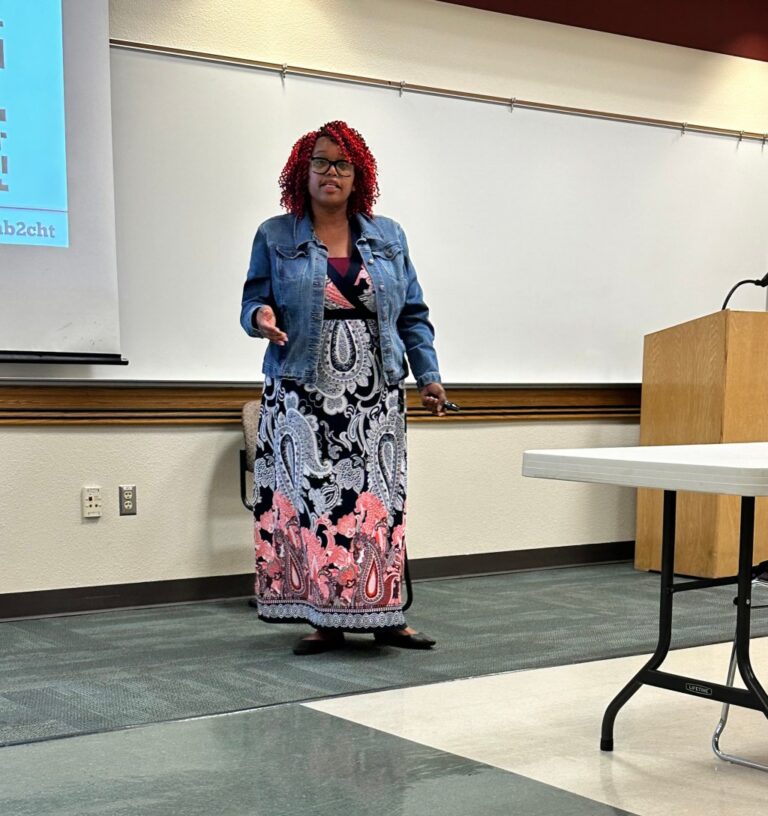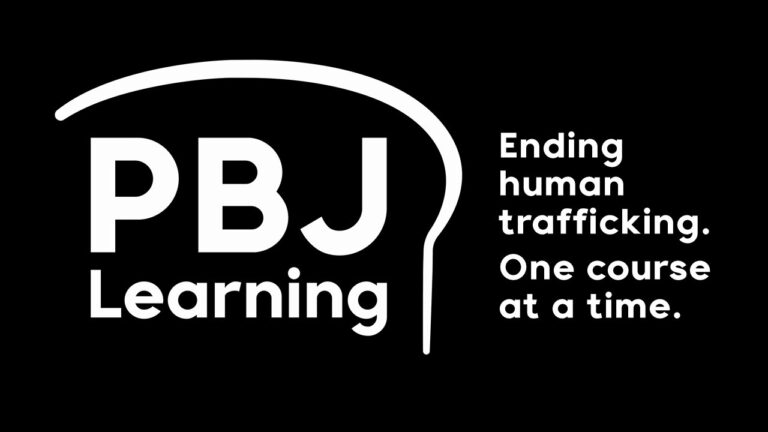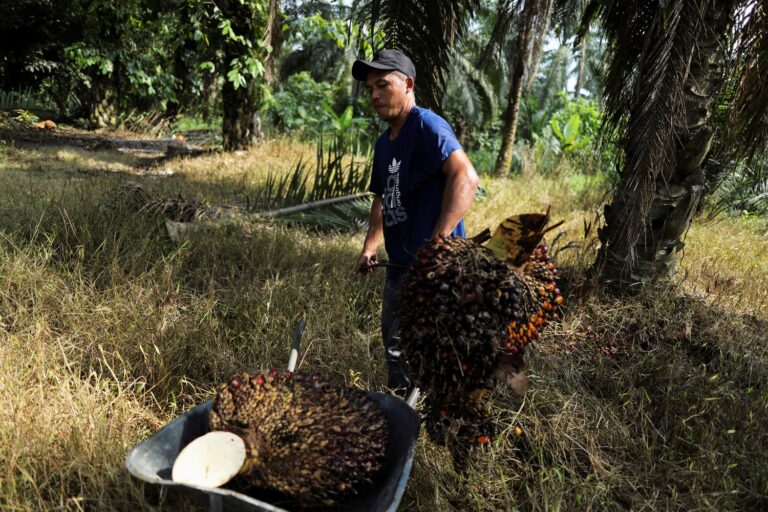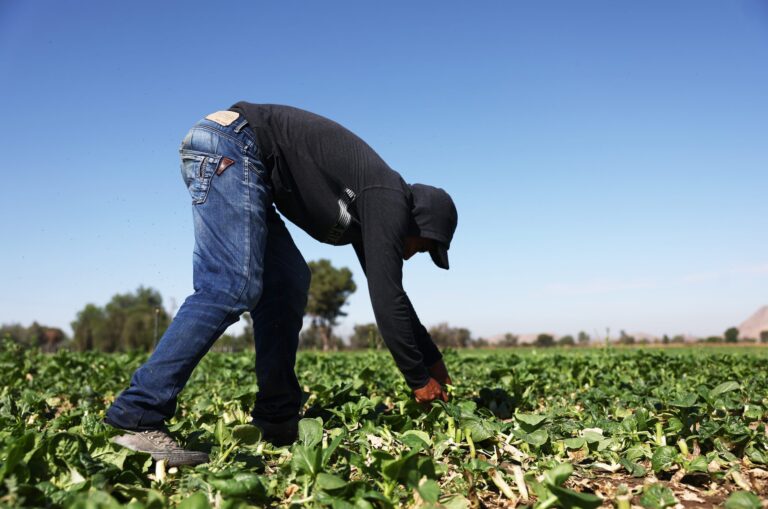NEW REPORT: El Paso County ranks third in human trafficking charges
(EL PASO COUNTY, Colo.) —The Laboratory to Combat Human Trafficking (LCHT) recently published their 2023 The Colorado Project Report on human trafficking throughout the state of Colorado. In their report findings, El Paso County ranked third in human trafficking case charges in the state, falling behind Adams County and Arapahoe County. “We conduct this every…










